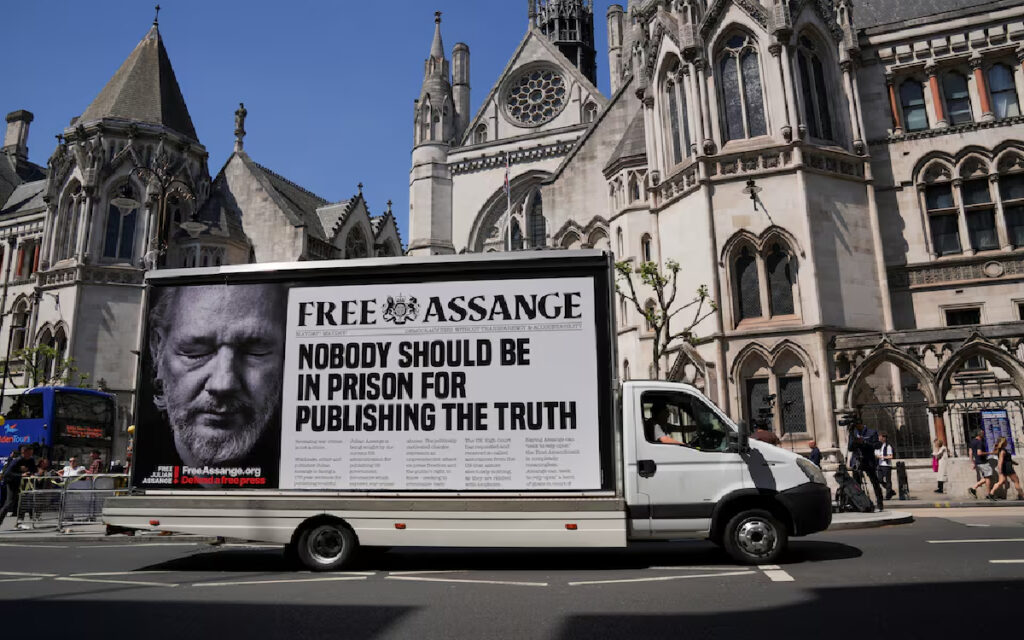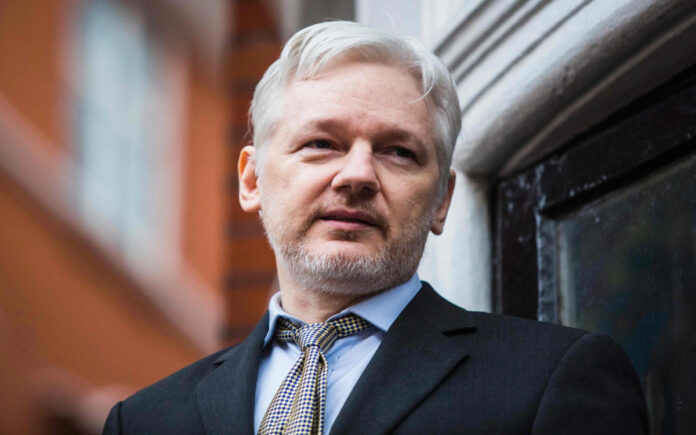Julian Assange, the founder of whistleblower media group WikiLeaks, is on the brink of striking a plea bargain this week, aiming to end a 14-year legal battle and return home to Australia
What is WikiLeaks about?
According to its website, WikiLeaks is a multinational media organization specializing in the analysis and publication of censored or restricted materials related to wars, espionage, and corruption. Founded by Assange in 2006, it collaborates with international media, researchers, and donors to operate as a nonprofit entity sustained by public contributions.
“WikiLeaks is a giant library of the world’s most persecuted documents,” Assange explained in a 2015 interview with German newspaper Der Spiegel. “We give asylum to these documents, we analyze them, we promote them, and we obtain more.”

The Controversial Leaks
WikiLeaks gained international attention for releasing classified U.S. military documents and videos from the wars in Iraq and Afghanistan during the early to mid-2000s. These disclosures purportedly revealed abuses of prisoners, human rights violations, and civilian casualties. U.S. authorities condemned the leaks as reckless, claiming they jeopardized national security and endangered lives, while supporters of Assange argued that WikiLeaks defended free speech and represented legitimate journalism.
Also Read | EU Court Urges Italy to Close Taranto Steel Plant Over Environmental and Health Concerns
Key Releases
In April 2010, WikiLeaks published a video depicting a 2007 U.S. helicopter attack in Baghdad that resulted in the deaths of twelve people, including two Reuters journalists. Subsequently, WikiLeaks released over 91,000 secret U.S. military reports on the war in Afghanistan, followed by approximately 400,000 classified files documenting the Iraq war from 2004 to 2009 — the largest leaks of their kind in U.S. military history.
Later that year, WikiLeaks disclosed thousands of U.S. diplomatic cables, including candid assessments of foreign leaders and security threats. These revelations included cables from Saudi Arabia’s former King Abdullah urging U.S. action against Iran’s nuclear program, and reports of Chinese cyberattacks on the U.S.
Also Read | Congo Orphans Embrace Palm Weevil Larvae to Fight Malnutrition
Legal Battles and Activism
Assange faced legal challenges stemming from allegations of rape, sexual molestation, and coercion in Sweden, which he denied as a pretext to extradite him to the U.S. for charges related to the WikiLeaks disclosures. In 2010, he was arrested in the UK under a European warrant.
WikiLeaks’ disclosures prompted cyber activism in support of Assange, with activists spreading leaked documents online. The group “Anonymous” temporarily disrupted websites of major credit card companies after they ceased processing donations to WikiLeaks.
Today, WikiLeaks accepts donations in cryptocurrencies like Bitcoin, continuing its controversial role in the realm of online transparency and freedom of information.



